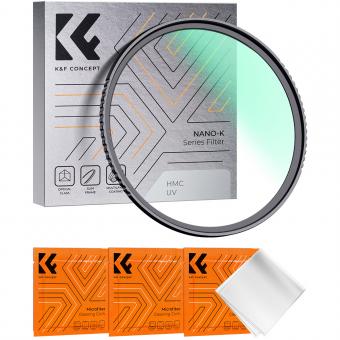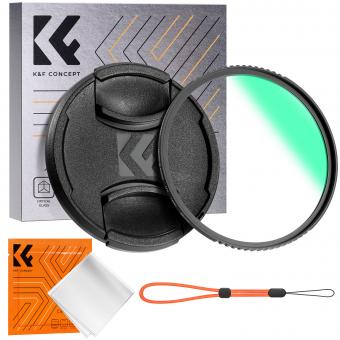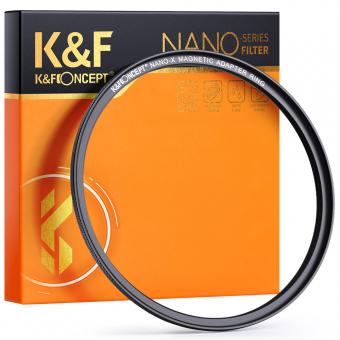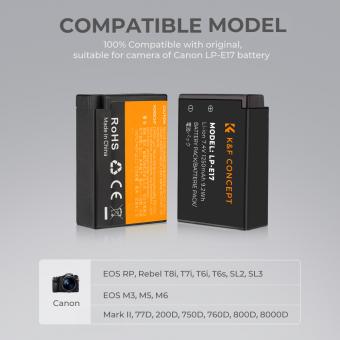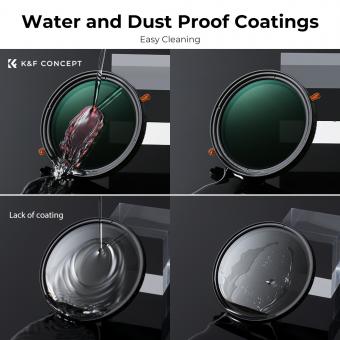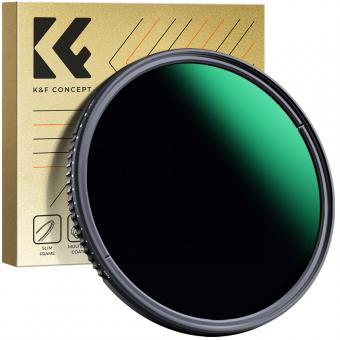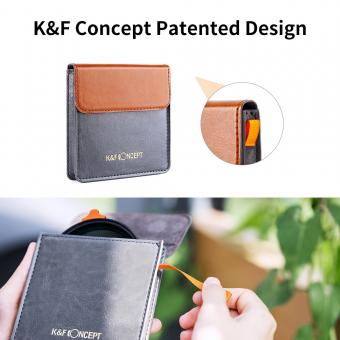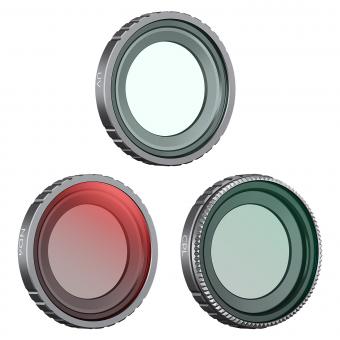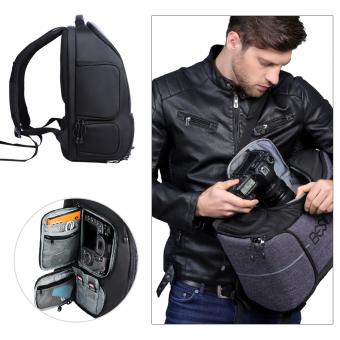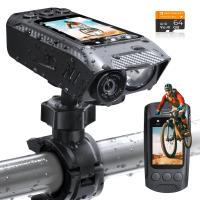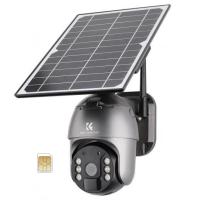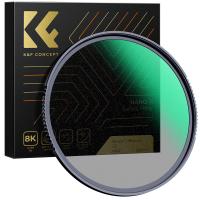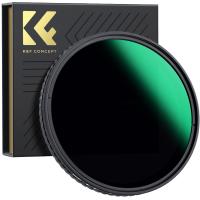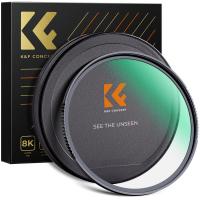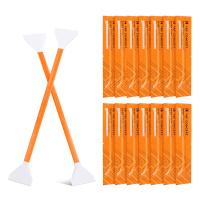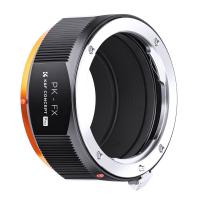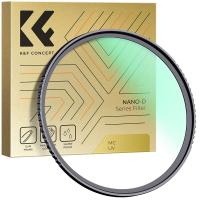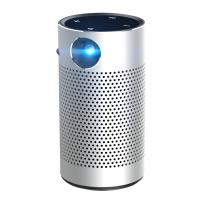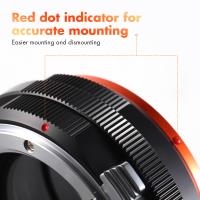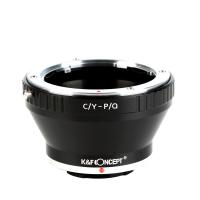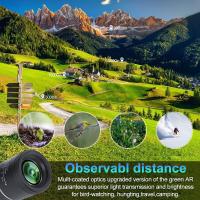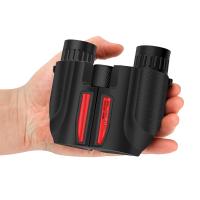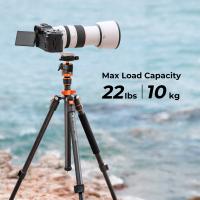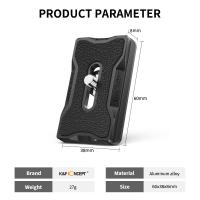What Are Uv Filters ?
UV filters are optical filters that are designed to block ultraviolet (UV) light from entering a camera lens. These filters are typically made of glass or plastic and are placed on the front of a camera lens to protect it from scratches, dust, and other debris. UV filters are also used to reduce the effects of atmospheric haze, which can cause images to appear hazy or washed out.
UV filters are particularly useful when shooting in bright sunlight or at high altitudes, where the intensity of UV light is higher. They are also commonly used in underwater photography to reduce the blue cast caused by the absorption of red light in water. While UV filters are not essential for digital cameras, they can be a useful addition to a photographer's kit, especially when shooting in challenging lighting conditions.
1、 Ultraviolet radiation
UV filters are optical filters that are designed to block or absorb ultraviolet radiation. Ultraviolet radiation is a type of electromagnetic radiation that is present in sunlight and can cause damage to the skin and eyes. UV filters are commonly used in sunglasses, camera lenses, and other optical devices to protect the eyes and equipment from the harmful effects of UV radiation.
UV filters work by absorbing or reflecting UV radiation before it reaches the eyes or camera sensor. They are typically made from materials such as glass, plastic, or special coatings that are designed to block specific wavelengths of UV radiation. Some UV filters are also designed to enhance the color and contrast of images by reducing the amount of blue light that enters the lens.
Recent research has shown that UV radiation can also have positive effects on human health, such as stimulating the production of vitamin D in the skin. However, excessive exposure to UV radiation can still cause skin damage and increase the risk of skin cancer. Therefore, it is important to use UV filters in situations where prolonged exposure to UV radiation is likely, such as when spending time outdoors or using cameras in bright sunlight.
In summary, UV filters are optical filters that are designed to block or absorb ultraviolet radiation. They are commonly used in sunglasses, camera lenses, and other optical devices to protect the eyes and equipment from the harmful effects of UV radiation. While recent research has shown that UV radiation can have positive effects on human health, it is still important to use UV filters in situations where prolonged exposure to UV radiation is likely.
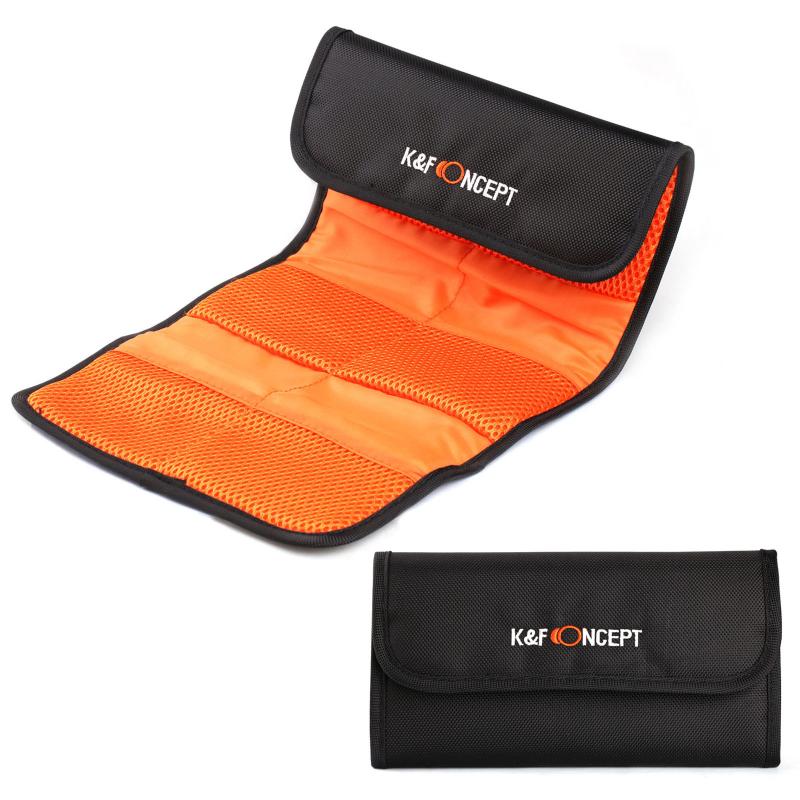
2、 UV filter types
UV filters are optical filters that are designed to block ultraviolet (UV) light from entering the camera lens. These filters are commonly used in photography to reduce the effects of UV radiation on the image quality. UV filters are also used in other applications such as in the manufacturing of electronic devices, where they are used to protect sensitive components from UV radiation.
There are several types of UV filters available in the market, including UV-A, UV-B, and UV-C filters. UV-A filters are designed to block the longest wavelengths of UV radiation, which are known to cause skin damage and aging. UV-B filters are designed to block the shorter wavelengths of UV radiation, which are known to cause sunburn and skin cancer. UV-C filters are designed to block the shortest wavelengths of UV radiation, which are known to be harmful to living organisms.
The latest point of view on UV filters is that they are not always necessary in photography. Some photographers argue that modern camera sensors are already equipped with UV filters, and adding an additional filter can actually reduce image quality by introducing unwanted reflections and flare. However, UV filters can still be useful in certain situations, such as when shooting in high-altitude environments or near water, where UV radiation is more intense. Ultimately, the decision to use a UV filter should be based on the specific shooting conditions and the photographer's personal preference.
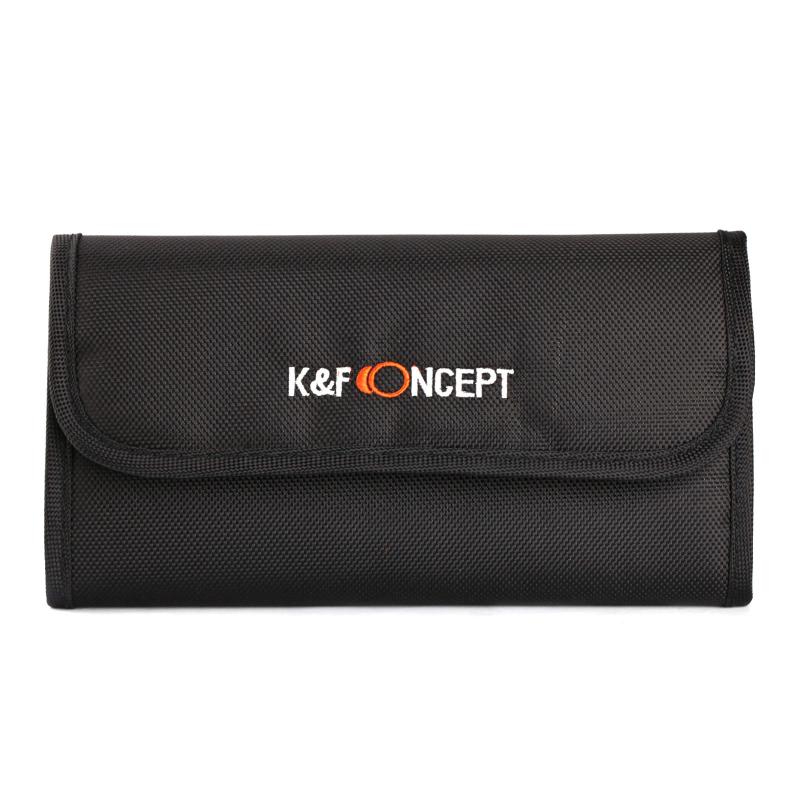
3、 UV filter applications
UV filters are optical filters that are designed to block ultraviolet (UV) light from entering a camera lens or other optical device. They are commonly used in photography to reduce the amount of UV light that reaches the camera's sensor, which can cause haze and reduce image clarity. UV filters are also used in other applications, such as in scientific research, where they are used to protect sensitive equipment from UV radiation.
UV filter applications are numerous and varied. In addition to their use in photography and scientific research, UV filters are also used in the manufacturing of electronic devices, such as LCD screens and solar panels. They are also used in the production of food and beverages, where they are used to sterilize and preserve products.
One of the latest applications of UV filters is in the fight against COVID-19. UV-C light, which is a type of UV radiation, has been shown to be effective in killing the virus on surfaces. As a result, UV-C lamps and other UV-C devices are being used in hospitals, schools, and other public spaces to disinfect surfaces and reduce the spread of the virus.
Overall, UV filters have a wide range of applications and are an important tool in many industries. As technology continues to advance, it is likely that new applications for UV filters will continue to emerge.
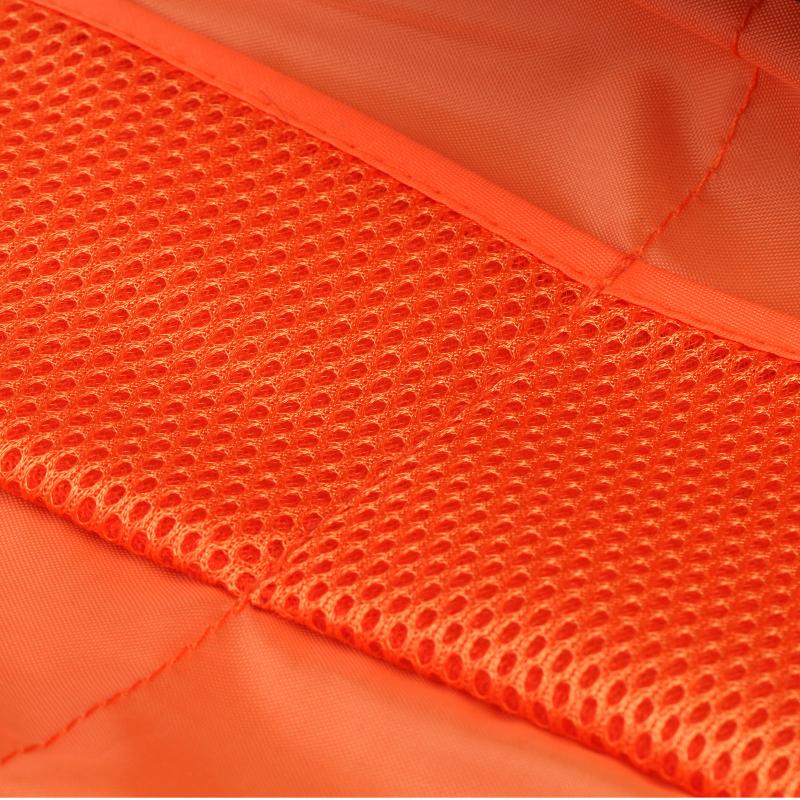
4、 UV filter effectiveness
UV filters are optical filters that are designed to block ultraviolet (UV) light from entering a camera lens. They are commonly used in photography to reduce the effects of UV radiation on images, such as haze and color distortion. UV filters are also used in other applications, such as in sunglasses and in the windows of buildings and cars.
The effectiveness of UV filters in blocking UV radiation depends on the quality of the filter and the wavelength of the UV light. High-quality UV filters can block up to 99% of UV radiation, while lower-quality filters may only block a small percentage. It is important to note that UV filters do not affect the visible light spectrum, so they do not alter the color or clarity of the image.
There has been some debate in recent years about the effectiveness of UV filters in digital photography. Some photographers argue that modern digital cameras are already equipped with UV filters, so using an additional filter is unnecessary. Others argue that UV filters can still provide some benefits, such as protecting the lens from scratches and dust.
Overall, the effectiveness of UV filters depends on the specific application and the quality of the filter. It is important to choose a high-quality filter that is appropriate for the intended use.

